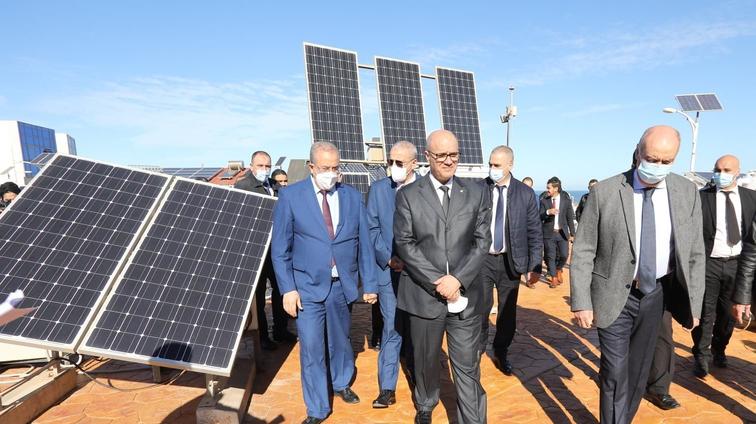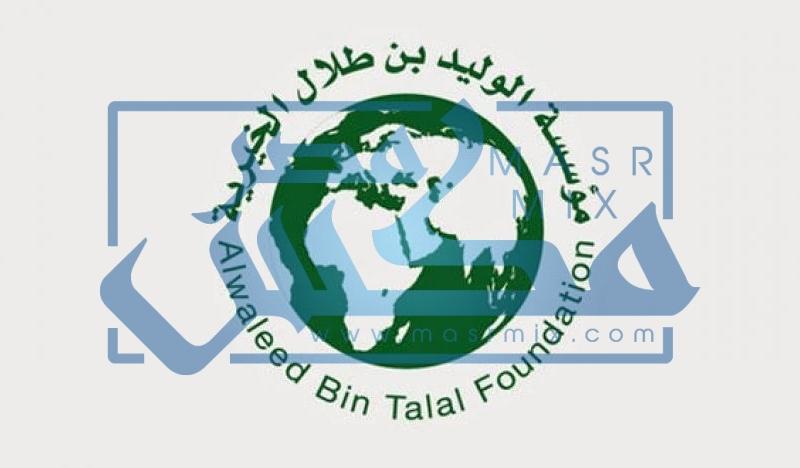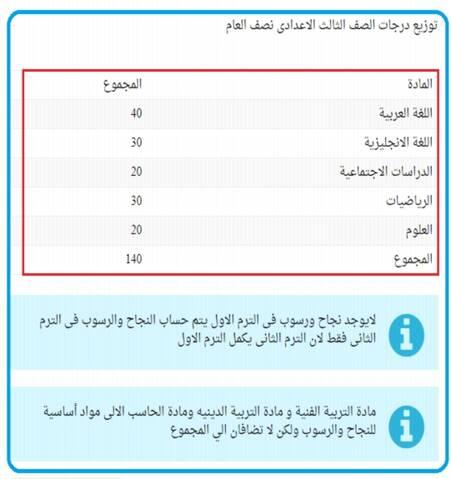The most important economic events this year
Perhaps the most prominent title associated with the economy in 2018 was the so-called (trade war) between the two largest economies in the world, the United States of America and China.
The following is a report on the most prominent economic events that the world witnessed during 2018, as monitored by KUNA:
January 7: Iraqi Oil Minister Jabbar Al-Luaibi announces the start of exporting oil from the northern Kirkuk fields to Iran at a rate of 30,000 barrels per day.
January 12: The price of oil records the largest rise in four years, reaching $70 a barrel.
Jan. 18: Apple pays $38 billion in taxes on its $250 billion overseas cash, following changes to US tax rules.
January 25: The European Union's Competition Commission imposes a $1.2 billion fine on Qualcomm, the world's largest mobile chip maker, after it paid Apple to use its chips exclusively.
February 3: A United Nations report confirms that North Korea has earned an estimated $200 million as a result of violating economic sanctions in 2017.
February 6: The Dow Jones Industrial Average plunged 1,175 points, its worst decline since 2008.
February 12: Morocco achieved record numbers of tourists in 2017, after nearly 11.35 million tourists visited, an increase of about ten percent over 2016, while the revenues in 2017 from tourism in hard currency amounted to 69.7 billion Moroccan dirhams, equivalent to 6.16 billion. euro.
February 20: The Islamic Development Bank announces a list of projects worth about $25 million approved by the Administrative Committee of Al-Aqsa Fund.
February 23: US President Donald Trump imposes the largest package of sanctions on North Korea targeting more than 50 ships and shipping companies.
March 3: US President Donald Trump announces his intention to impose tariffs of 25 percent on his country's steel imports and 10 percent on aluminum imports.
March 31: The UN Security Council decides to blacklist 21 shipping companies and 27 ships because of their ties to North Korea.
April 2: China imposes 25 percent tariffs on 128 US imports.
April 11: Iran unifies the value of its currency (the riyal) to avoid its collapse after it lost 20 percent of its value against the US dollar.
April 24: The Kuwait Oil Tanker Company signs a contract with the Korean Hyundai Mipo Dockyard Company to build and deliver four petroleum product tankers with a total value of $167.6 million.
April 25: International oil prices reach their highest level in almost three and a half years
April 30: US telecommunications company T-Mobile acquires Sprint in a $26 billion deal.
May 17: French energy giant Total withdraws from a project to develop a natural gas field in Iran.
May 25: Stacy Cunningham is appointed chief of the New York Stock Exchange, the first woman to hold the position since the stock exchange was founded 226 years ago.
May 31: The United States of America imposes duties on steel and aluminum imports from the European Union, Mexico and Canada.
June 8: The International Monetary Fund agrees to lend Argentina 50 billion dollars to face its economic problems.
June 9: The Group of Seven industrialized nations summit holds its meeting in Canada to discuss trade, climate change and the Iranian issue.

June 11: Saudi Arabia, the UAE and Kuwait pledge to provide $2.5 billion in aid to Jordan to help it in its economic crisis.
June 16: The Egyptian government decided to raise fuel prices for the third time, with varying rates exceeding 50 percent.
June 22: OPEC member countries agree to increase oil production by about one million barrels per day to meet the growing demand around the world.
June 25: Thousands of shop owners go on strike in Tehran's Grand Bazaar (Grand Bazaar) to protest against the depreciation of the Iranian rial against the dollar.
June 28: US authorities approve the merger of Disney World and Fox Media Group in a $1 billion deal.
June 30: The International Monetary Fund agrees to disburse the fourth tranche of a loan of $12 billion to Egypt.
June 30: Canada imposes tariffs on $12 billion worth of US imports into its country.
July 6: The United States of America begins imposing 25 percent customs duties on Chinese goods worth $34 billion.
July 21: The Egyptian government decided to raise the prices of natural gas used in homes and stores by rates ranging between 33 and 75 percent, starting from the beginning of August.
July 28: The US economy is growing at an accelerating pace that has not been achieved in 4 years, after it reached 4.1 percent.
July 29: The Iranian riyal reaches its lowest level against the dollar, reaching 100,000 riyals against the dollar.
August 2: US technology company Apple becomes the world's first public company with a market capitalization of more than $1 trillion.
August 9: China announces its intention to impose import duties of 25 percent on US goods worth $16 billion.
August 16: Qatar supports Turkey's economy by injecting $15 billion in direct investments.
August 31: Coca-Cola International buys the Costa coffee chain in a deal valued at 1.9 billion pounds.
September 4: Argentina cancels half of government ministries as part of austerity measures to counter the collapse of its local currency.
September 10: Sudanese President Omar al-Bashir dissolves the Government of National Accord and reduces the number of ministries to 21 in an attempt to address the economic crisis.
September 14: The Turkish Central Bank raises interest rates to 24 percent in an attempt to stop the lira's collapse against the dollar.
September 16: US President Donald Trump orders additional tariffs on nearly $200 billion worth of imports from China.
September 17: The European Union approves the Kuwait Investment Authority's acquisition of the North Sea Intermediate Operations Company, which operates in the field of natural gas in the North Sea in the United Kingdom.
September 24: American fashion company Michael Kors acquires Italian fashion house Versace in a deal worth two billion dollars.
September 30: A study issued by the Center for European Reform indicates that the decision to leave the United Kingdom from the European Union has cost it so far 650 million dollars a week.
October 1: The United States and Canada reach a new trade agreement to replace the North American Free Trade Agreement (NAFTA).
October 3: Kuwait Stock Exchange gets full membership in the World Federation of Exchanges.
October 7: The Bahraini Parliament approves the draft law on imposing value-added tax in the Kingdom.
October 21: Iraq signs agreements with the international companies General Electric and Siemens to develop the electricity infrastructure, with a value of 15 billion dollars.








